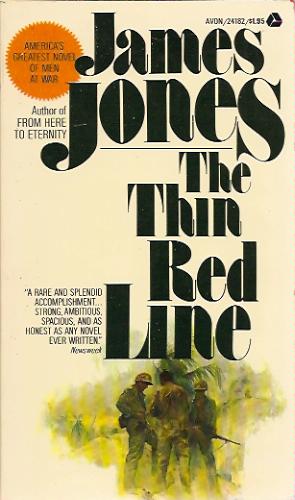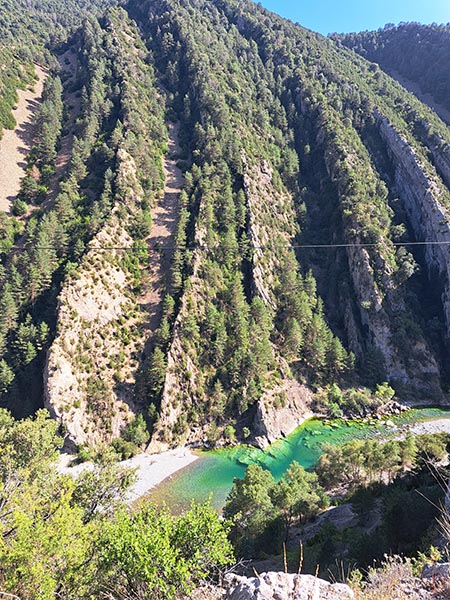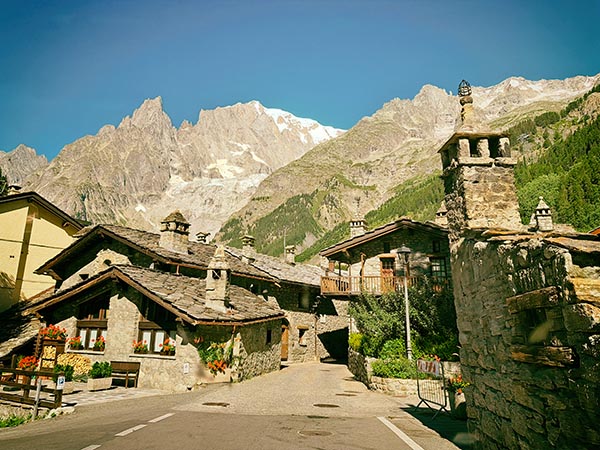Regarding a paperback
For the past few months I´ve been wading through an impenetrable fog that is The Thin Red Line, a 1962 paperback by James Jones, and after battling to about half way I think I´m ready to quit.

I am, infinitely more than I already was, in awe of Terrence Malick who managed to read through this battlefield of a book (though he did take 20 years off) to create a visually stunning adaptation into a movie that, if the world was in any way fair, would have won a great many Oscars. But then Saving Private Ryan happened and you know the rest…
Reviewers of the novel on Amazon obviously don´t agree with my conclusions, claiming the movie is underdeveloped. Among other things. Well…the film is monstrously long as it is and if it followed the book any closer (and it stays pretty true) people could order lunch and dinner during a screening and still have a siesta before anything of substance happened. Because that´s how the book feels like. You read and you read and… nothing. He´s still stuck on a pointless little detail.
The narrative is long-winded, sentences stuffed with filler apparently designed to draw you into the scene visually but achieving what I´d say is an undesired effect of losing track of the main development. On the other hand the style might be ideally suited to people with no or little of their own imagination, who require every twig, sound, leaf, wave, smell, thought and gunshot described in detail to paint the atmosphere and fill in the blanks. For everyone else it gets in the way of the more important thing – story or action development. To put it in perspective, what takes 15 seconds on film takes about 15 pages in the book.
I can see why Jones writes the way he does, after all he wants people to understand the reality of combat, the mindset of a soldier. But describing the mindset and perspective of each and every soldier in a company is a bit over the top. Bloated. When you´re seeing Guadalcanal campaign through the eyes of 10 or 20 different people it´s a bit hard to keep track of who´s who and what happened to him earlier.
Guess I prefer the more film like approach to books where you pick it up and it doesn´t let go until the end.
I might return to The Thin Red Line someday, purely because I think I owe it to the movie, however for the time being I can´t bring myself to read another page. Until then I think I´ll watch the beautifully shot Mallicks film version a few more times.
 Comments(0)
Comments(0)



